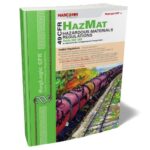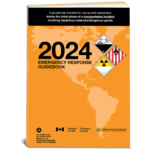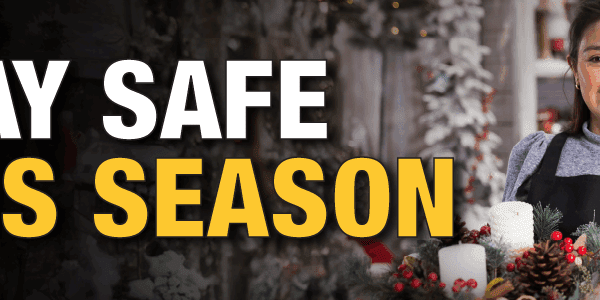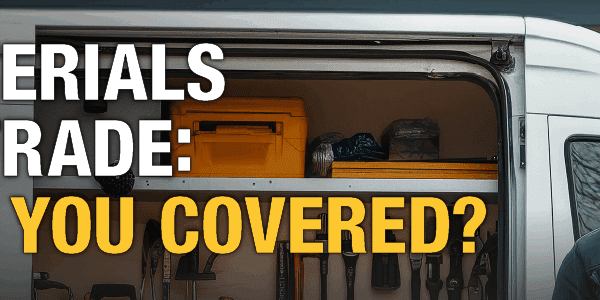
Safety Tips for Storing Propane Tanks
As the colder months of fall settle in, October brings cooler weather, shorter days, and the need to put away much of the equipment we use until next spring or early summer. Although this is a sad realization, it is important that certain items classified as dangerous goods are stored properly, and this may include your grill if it uses propane. Propane is a convenient and reliable fuel source, but it needs to be stored correctly to keep your home, family, and property safe.
How to Store Propane Tanks Safely
Because propane is a highly flammable gas stored under pressure, how you handle and store your tanks can significantly impact both your safety and the longevity of the fuel. Taking the right precautions will ensure you will avoid leaks, fire hazards, and damage to the tank itself. Whether you’re storing a small grill cylinder or a larger tank, following these safety tips will help prevent accidents and keep your propane in good condition.
- Tanks should be stored outdoors. Whether the tanks are full, partially full, or empty, they should always be kept outside in a well-ventilated area. During the cold months Keep your tank above in conditions above −40 °F (−40 °C).
- Tanks should not be stored indoors. This includes garages, basements, sheds, and crawl spaces.
- Propane tanks should be kept away from heat. Avoid storing tanks near heat sources or in direct sunlight when possible. Keep them away from flames or ignition sources.
- Propane tanks should not be stored in or subjected to temperatures above 120 °F.
- Store tanks in an upright position. Always store propane tanks standing on their foot ring to prevent leaks. They should never be stored on their sides or lying down.
- Use a valve plug when required. If a tank is disconnected and has only internal “backwards”, place a plug in the valve outlet.
- Store tanks in a low-traffic area where they’re unlikely to be bumped, knocked over, or accessed by children. It is important to prevent tipping hazards.
- Avoid placing spare tanks under a grill in use. Keep extras well away from cooking heat and flames.
Storing propane safely isn’t just about following rules, it’s about protecting your family, your home, and your peace of mind. By keeping tanks outdoors, upright, cool, and away from heat or ignition sources, you greatly reduce the risk of accidents. Even small steps, like choosing a shaded storage spot or securing tanks where they can’t be knocked over, can make a big difference. Remember, propane is a dependable fuel when treated with respect, and safe storage ensures it’s ready when you need it most.
Understanding the rules is the first step toward safe and efficient operations. Our guides, training, and tools are designed to help you navigate every detail with confidence. Contact our team of experts at 855.734.5469 or send us an email, we’re happy to help.
Stay up to date and sign up for our newsletter!
We have all the products, services, and training you need to ensure your staff is properly trained and informed.
 49 CFR Publications 49 CFR Publications |
 GHS within OSHA GHS within OSHA |
 ERG Publications ERG Publications |
Source:






 ICC USA
ICC USA ICC Canada
ICC Canada